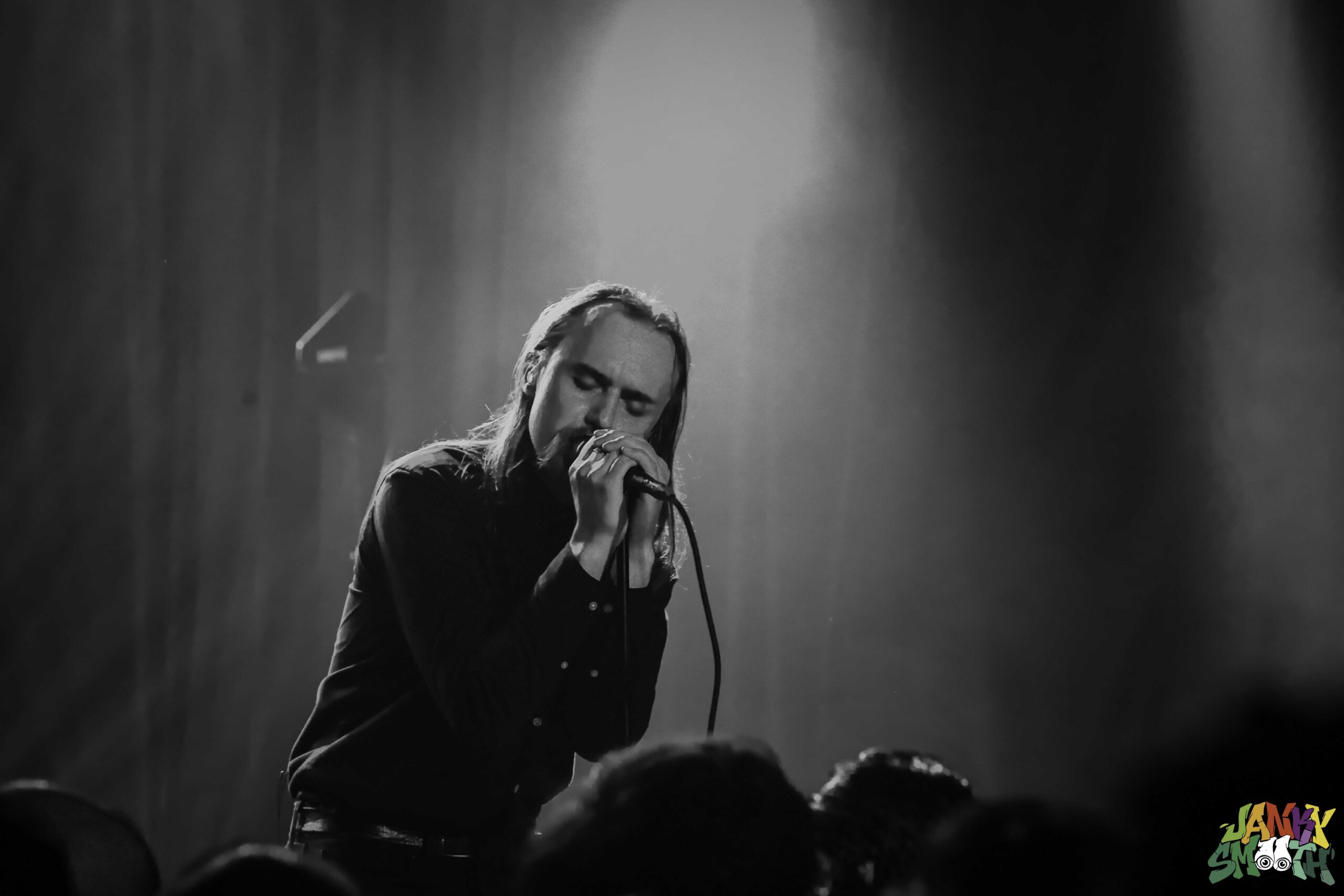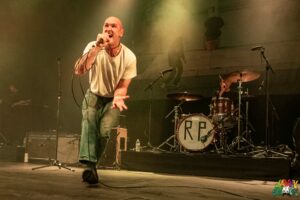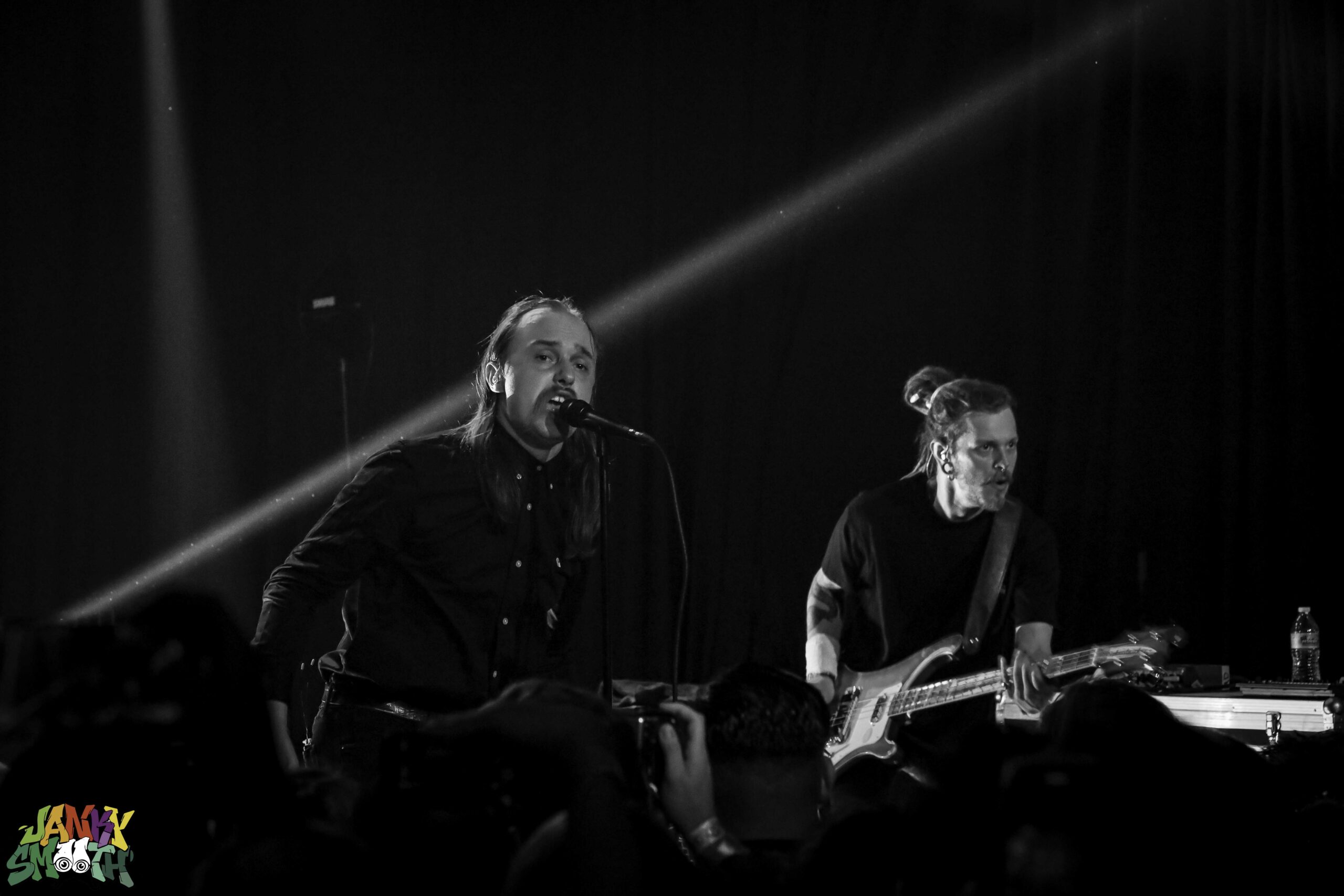
Molchat Doma
It is my personal mission to spread the creed of Molchat Doma far and wide across the So-Cal internet airwaves. I feel so compelled because like me, these three men are of Slavic descent, them from Belarus and myself, the child of Russian-Ukrainian immigrants. More than that though, my father was a Ukrainian musician that immigrated to America, hoping to make it in the music industry. He never accomplished this dream but Molchat Doma’s success is a vicarious victory. If they can break out through the (former) iron curtain and into the international mainstream to play Coachella then it’s almost like they fulfilled my father’s dream and so, I will do whatever I can to uplift these three dreamers.
related content: Super Saiyan Sasami At The Teragram Ballroom
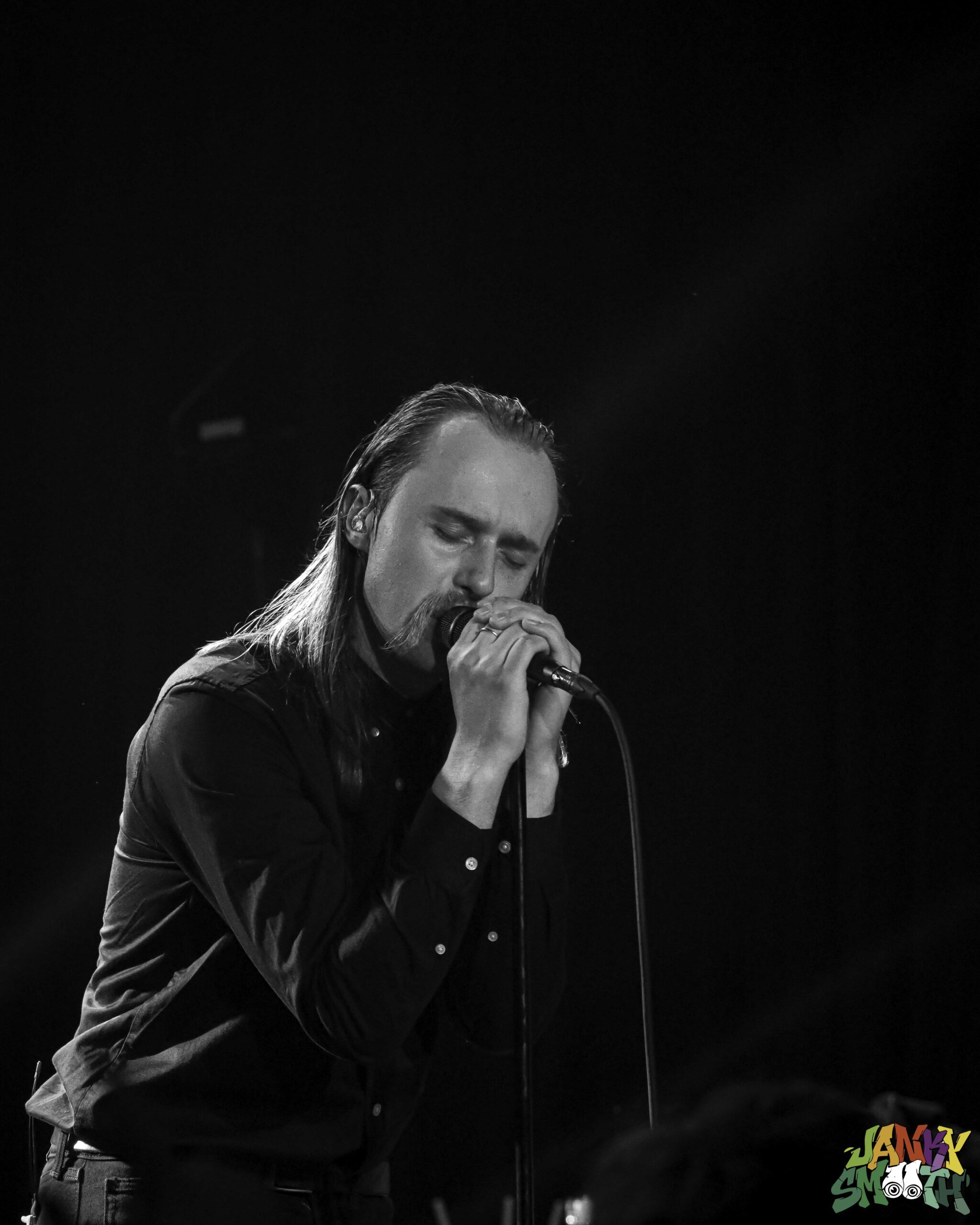
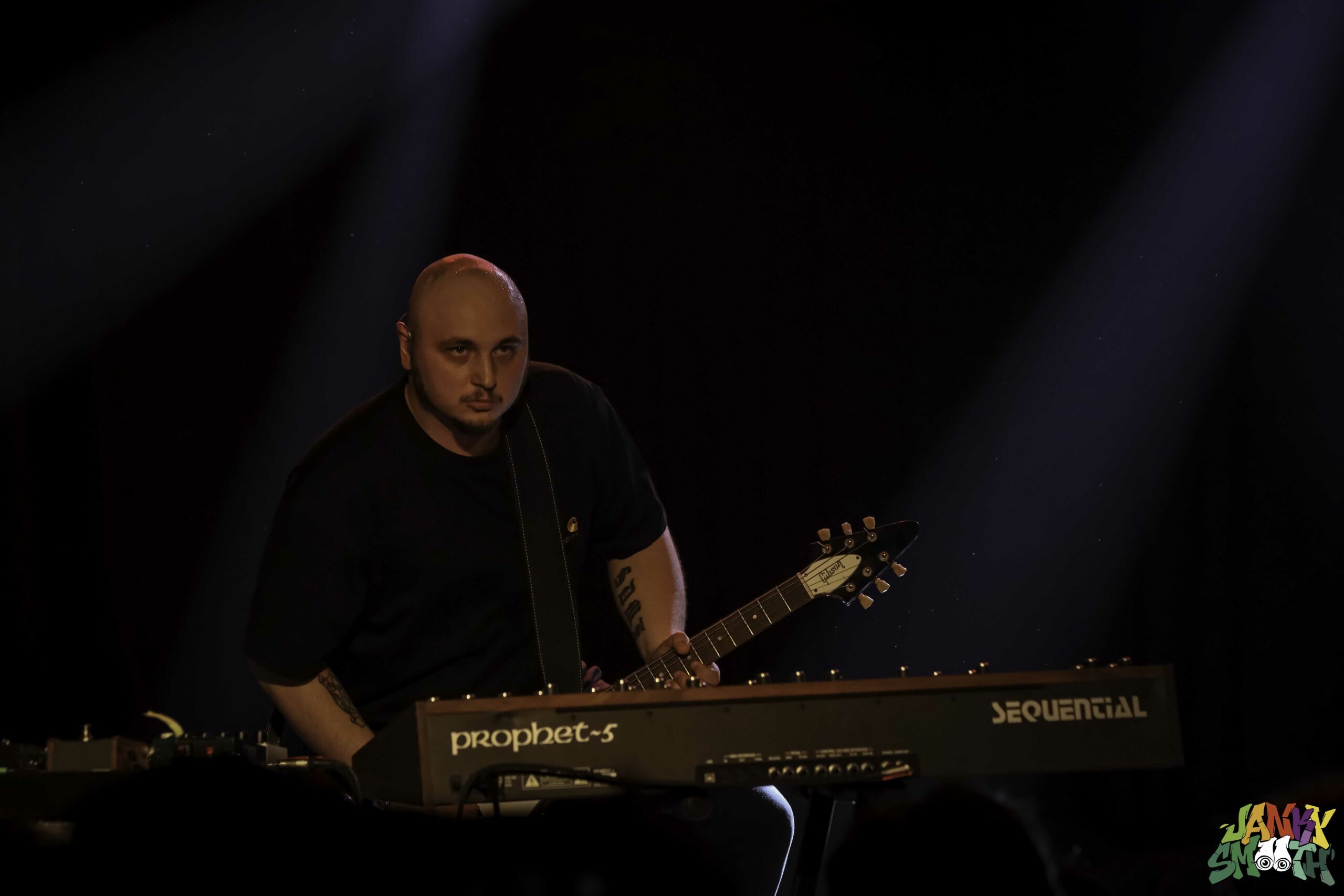
My background doesn’t just make me empathize with and root for this band, it helps me understand them. I understand what elements make a Slavic heart and the textures of Slavic emotion. Much of this is hard to put into words but for the length of this article, I will do my best. Eastern Europeans feel melodrama in a way Americans simply don’t, at least not on the surface. We might be compelled to melodramatic and sappy, romantic music to the point we go to the show, but we’re often too cynical to let those feelings confidently spread their wings and fly. Eastern Europeans also understand pain and sadness differently than other peoples, all you need to do to examine this is read Russian literature. Eastern Europeans have a deep tolerance for these two forms of suffering. We’re not exactly numb, we’ve just learned how to process these emotions internally in order to transmute them into romantic love and love of life. Americans may not understand the words Molchat Doma sings live, but believe me, they feel it on numerous levels–in their heart, in their soul, and in their unconscious.
related content: Your Baroness’ Majesty: Baroness At The Echo
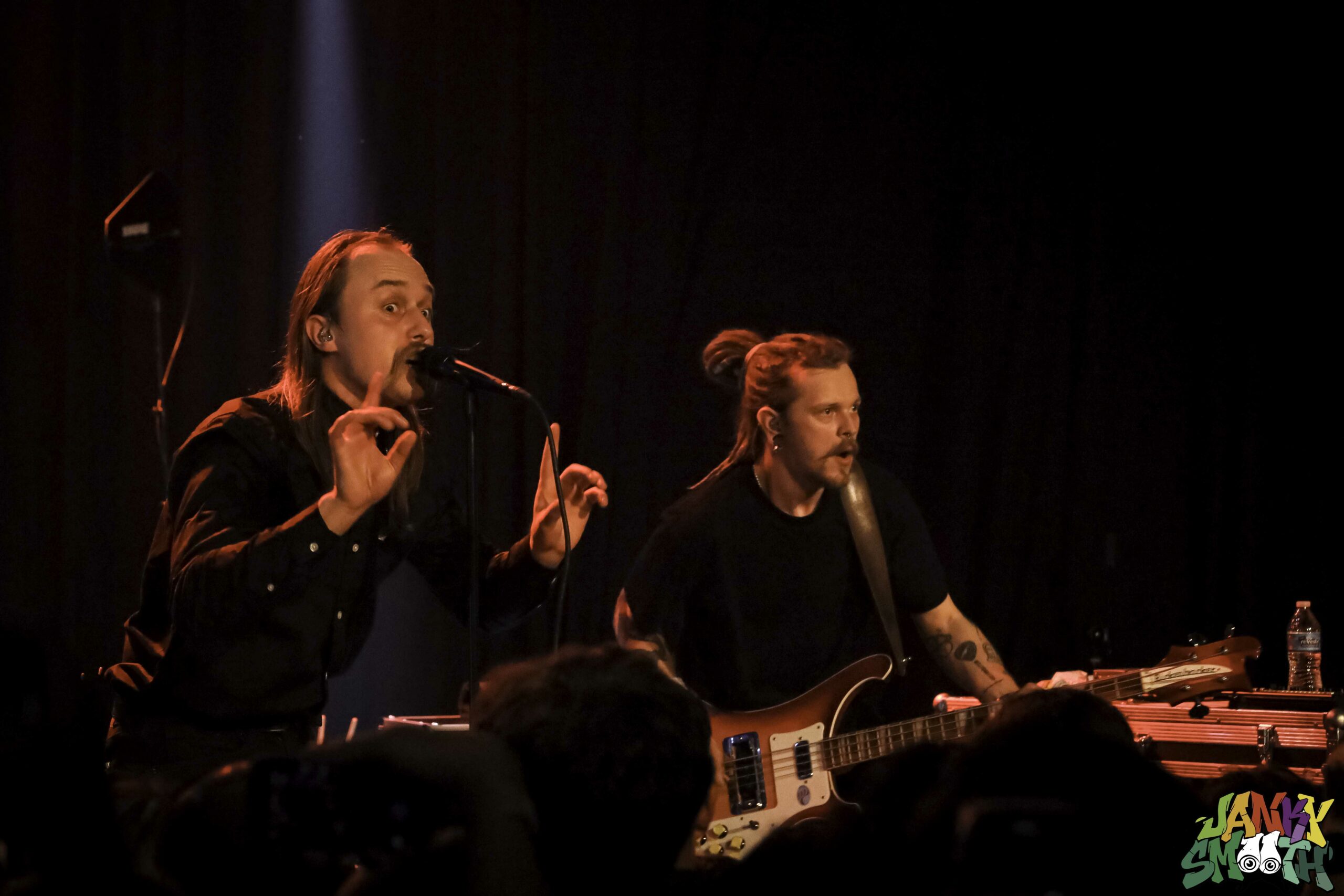

This was a highly anticipated show. Every Molchat Doma appearance in Southern California has sold out, including May’s two Fonda theatre shows. The band’s sonic character is partly responsible for this phenomenon. They really nailed the best kind of goth. It works in the dance clubs and it works in a meadow. They have semblance to early Cure, Depeche Mode, and Morrissey all at once. The moment I was asked which Goldenvoice April shows I’d like to attend, Molchat Doma was a quick and easy pick. That night, as a Molchat Doma shirt slung over my shoulders, The Roxy turned into the bat cave, transforming West Hollywood back to its goth/death rock roots.
related content: Dungeon Demon: Hulder At Don Quixote
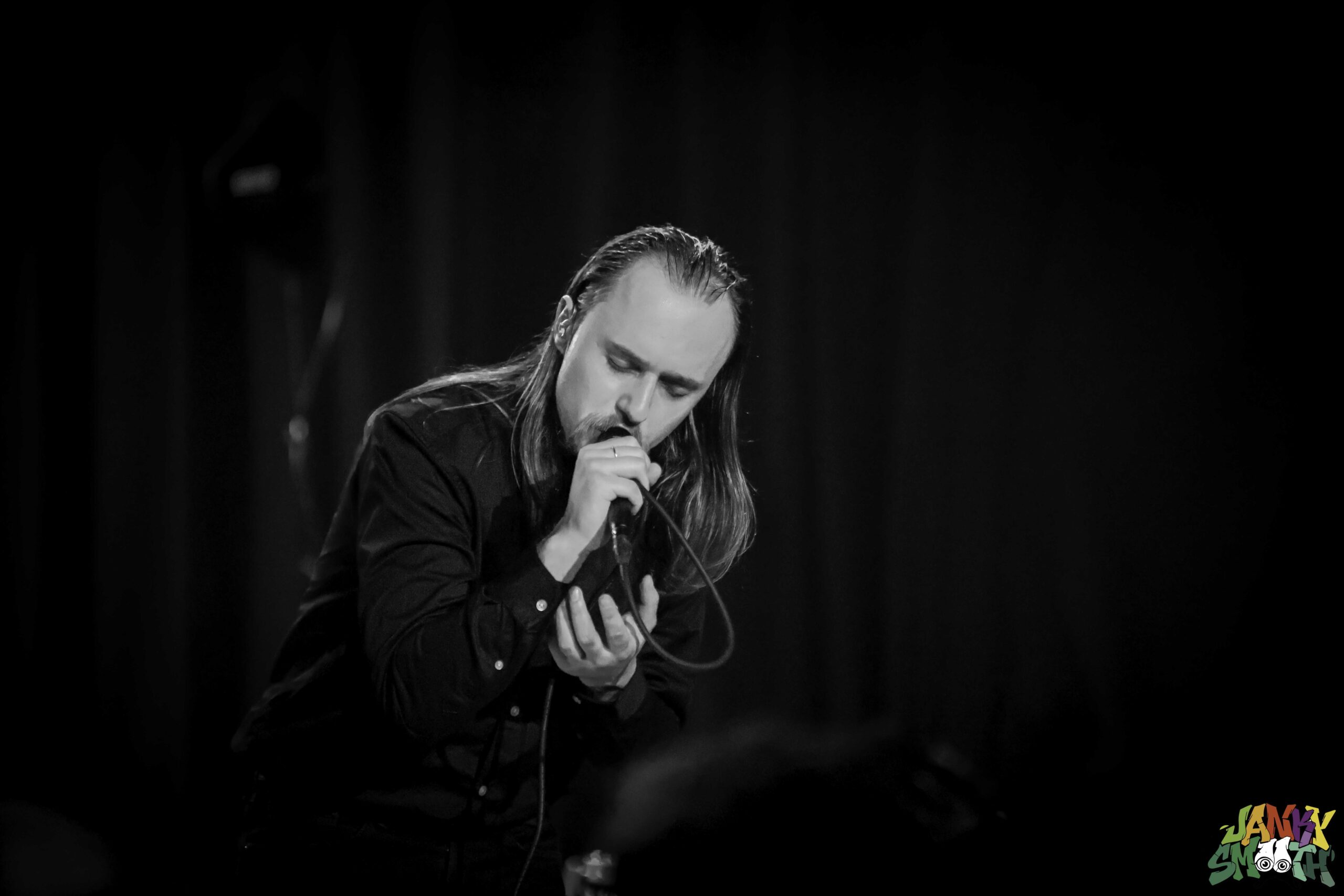
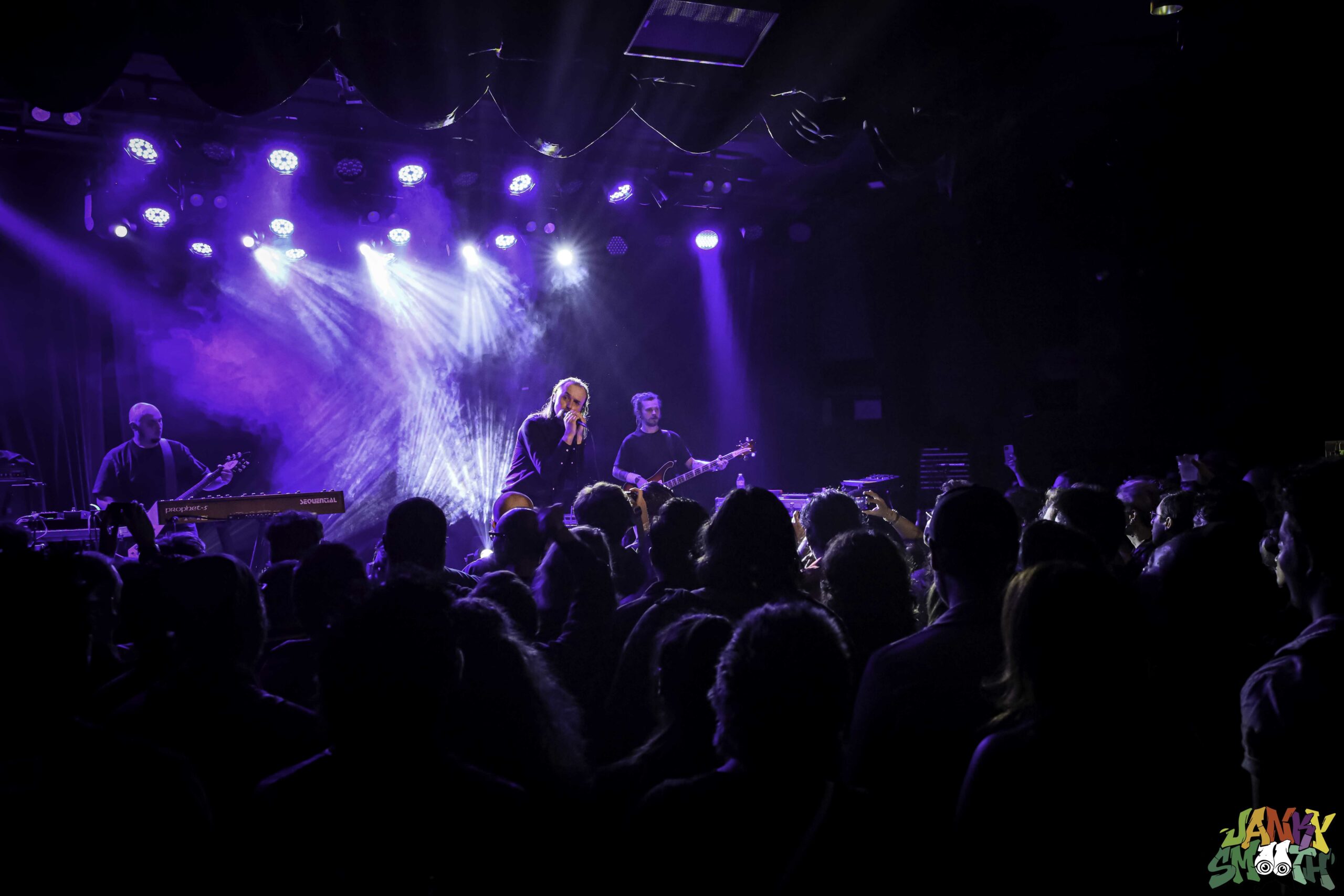
From start to finish, the band was stellar. Egor Shkutko was commanding on vocals, able to croon with the most emotional investment you’ve ever seen then quickly change gears and explode into a faster, more spastic mode with songs like “Tansevat”. Roman Komogorstev and Pavel Kozlov have such powerful synergy together, in the pocket the entire set, they showed a technicality rarely seen in goth music. Together, these three men crafted a concert atmosphere that transported us all into a realm of sensuality and emotion, far off from reality. At one point, the band went into the introduction of the Cure’s “A Forest” and the place exploded with cheer. They then transitioned back into one of their hits until making their way to show’s first finish and then an encore that left the venue glistening with sweat and emotionally fulfilled for many nights ahead.
related content: How To Wage Class Warfare: D.O.A. At The Roxy
For the longest time, I knew my Eastern-European roots were worth more artistic value, especially in the world of goth, than what I was seeing represented in American culture. Molchat Doma affirmed that you all want to hear more of the Slavic heart’s secrets. I can only imagine that now that you’ve developed a taste for it, many more Eastern Europeans will come to share their experiences with true love, true pain, true sadness, and true joy. It may seem melodramatic to American eyes and ears but believe me, it’s so real it’s hard to admit to yourself at first that you feel exactly the same way.
Words by: Rob Shepyer
Photos by: Pedro Carrera

